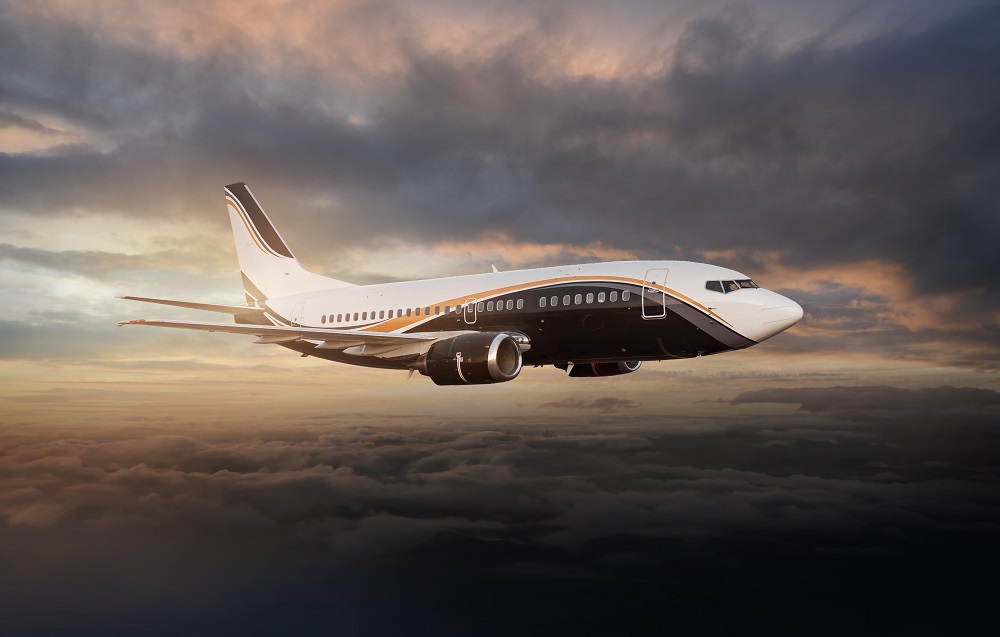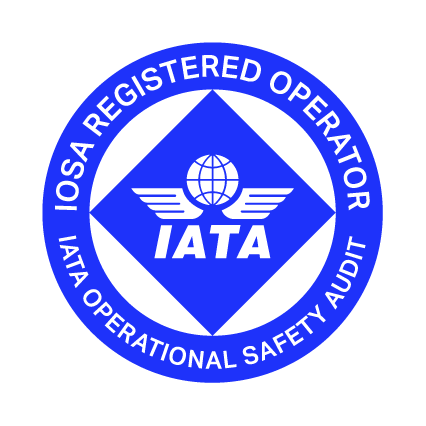Last summer both Europe and North America were affected by major disruptions across the airports. Thousands of cancelled flights, passengers and baggage stranded – for some, commercial flights seem more like a gamble, and travellers are becoming increasingly frustrated by it. This could profoundly impact the popularity of private jets and their utilization among certain groups of travellers. A sizeable fraction of air passengers who currently fly in business classes in commercial airlines may move to private flights to navigate the challenges.
According to recent statistics, over 50% of flights scheduled from various airports in Europe were delayed, and about 2,000 flights were cancelled daily in 2022, with the trend continuing, albeit to a less extent, into the first months of 2023. The European air traffic management organization indicates that the situation may deteriorate during peak periods, with airports reporting differential performance in departure punctuality and last-minute cancellations. The available flight statistics suggest that more than 30% of European passengers experienced unexpected delays, representing approximately 244 million passengers who suffered from rescheduled flights and last-minute cancellations.
On the other hand, private flying offers more flexibility and convenience than commercial airliners, implying that passengers can avoid the typical airport nuisances such as crowds, long queues, airport security experience, unexpected delays, and flight cancellations. Rita Domkute, the CEO of KlasJet, a well-known exclusive private and corporate jet charter company, notes that under the current circumstances, some passengers may consider private jets as an alternative to avoid the inconveniences caused by frequent delays and cancellations.
“Besides offering convenience and helping passengers avoid the air travel chaos observed in many airports, flying through private jets may present some benefits unavailable or inaccessible while using public air travel. This includes flexibility in scheduling, where passengers rely on their schedules while traveling to various destinations, not the airlines’.”
According to Domkute, private jets offer exclusive experiences that passengers who frequent commercial flights cannot access in terminal buildings. In addition, passengers do not have to rush to airports to meet their check-in time or worry about long queues or unexpected cancellations.
Though flying private comes at a higher cost compared to commercial airlines, passengers are likely to get more value as they shift to this segment. For those planning to fly as a group through chartered planes, the cost of flying privately is comparable to or even less than what they would incur while traveling on a business class ticket through a commercial airliner. For instance, passengers can save up to £700 per person while taking a 7-seater chartered jet from London to Switzerland – equivalent to the price of a business class seat offered by many commercial airlines.
Another reason private jets may gain increased popularity among air travellers is the convenience offered by empty sectors, notes Domkute.
“Unlike commercial airliners, private charter jets allow customers to pay for ‘empty legs’ at a negotiated price, sometimes up to 50%-75% less than what they would incur buying a business-class ticket. While this option is only available for limited flight routes and is ideal when used as a ‘last-minute plan’, empty legs present an excellent opportunity for passengers to avoid the inconveniences caused by frequent delays in airports and unexpected flight cancellations.”
Given the significant business prospects presented by the increased chaos in many airports, private jet operators should consider ways and mean they can leverage the disturbances, flight delays, cancellations, and other inconveniences to attract new passengers into this segment.

